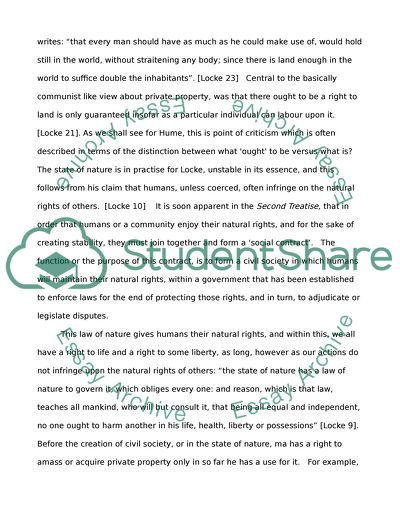Cite this document
(“Hume's critique of the concept of natural rights. How far do you agree Essay”, n.d.)
Retrieved from https://studentshare.org/history/1430357-examine-humeyies-critique-of-the-concept-of
Retrieved from https://studentshare.org/history/1430357-examine-humeyies-critique-of-the-concept-of
(Hume'S Critique of the Concept of Natural Rights. How Far Do You Agree Essay)
https://studentshare.org/history/1430357-examine-humeyies-critique-of-the-concept-of.
https://studentshare.org/history/1430357-examine-humeyies-critique-of-the-concept-of.
“Hume'S Critique of the Concept of Natural Rights. How Far Do You Agree Essay”, n.d. https://studentshare.org/history/1430357-examine-humeyies-critique-of-the-concept-of.


